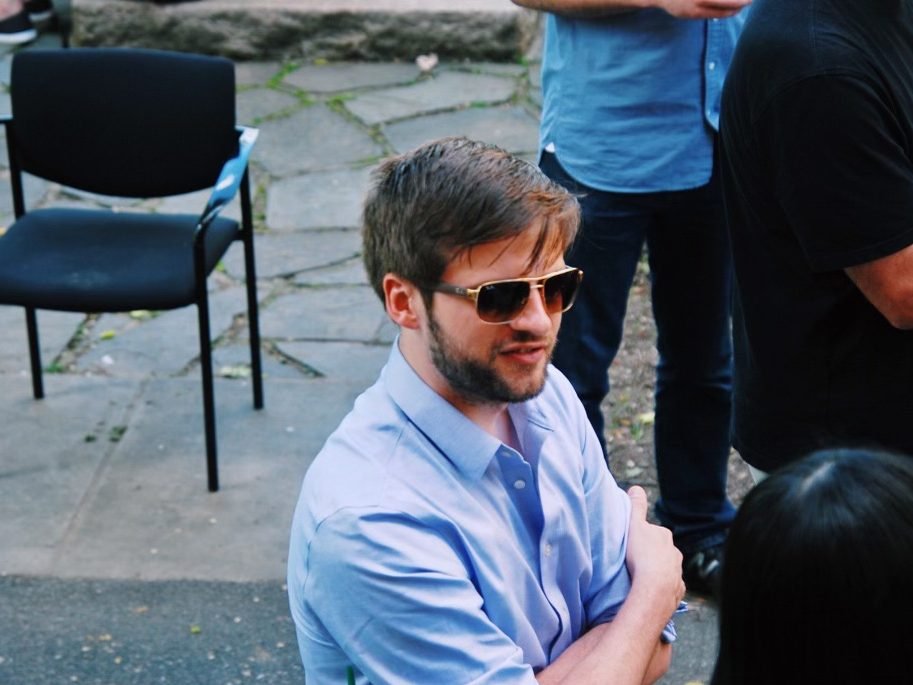I consider my teaching to be the most important aspect of my career. To me, the primary value of liberal arts education lies in its opening minds, preparing students so that they are equipped to seek truth. My approach to teaching is always grounded in a deep recognition of the practical importance of philosophy to my students' lives, which I find primarily in its existential import.
As creatures which naturally ask existential questions about the meaning and value of human experience, what will make us happy, and our position in the cosmos, human beings are by nature philosophical. I use this principle as a guiding point for all of my teaching. My goal is not to force the students towards any particular answer to these questions, but rather to help elicit their own natural desire to ask these basic existential questions of their own lives.
I strive, as a teacher of philosophy, to open up a new world of ideas before students, enabling them to see more possibilities, and in so doing enable them to become “seekers”. I believe firmly in the importance of that seeking, for its own sake, as an end unto itself. As we seek truth through inquiry and dialogue, with honesty and sincerity, we become better citizens and better people. My role as a teacher is to help facilitate that posture of seeking in students.

Course Example 1
INNOVATIVE TECHNIQUES
As an example of the innovative techniques I employ in teaching, I like to screen the film Network for my PHIL1000 students and developed this very unique assignment for that course:
Course Example 2
ETHICS
Philosophical Ethics is the introductory ethics course at Fordham University. It exposes students to three major ethical theories: deontology, utilitarianism, and virtue ethics. Readings come from Kant, Mill, and Aristotle. I designed my course to also address some ethical questions I consider to be highly important such as “Is virtue teachable?”, which is taught through an analysis of Plato’s Meno. I also include an applied ethics unit at the end of the course in which students must read actual magazine articles related to contemporary ethical issues and apply ethical theories considered over the course of the semester to those situations.


Course Example 3
HUMAN NATURE
Philosophy of human nature is the introductory philosophy course at Fordham University. It explores themes throughout the history of philosophy regarding what makes us human and defines human nature. I have tailored my course to directly address the question: “What will make us happy and deeply fulfilled as human beings?” In my teaching, I expose how what makes us human largely determines how we answer this question, exploring this topic through readings throughout the history of philosophy.
SAMPLE LECTURES
PLATOS APOLOGY
In this lecture, I discuss some of the most important topics in Plato’s Apology. We discuss the foundational question “What is the Good according to Plato?”, Socrates’s argument that we cannot know whether there is an afterlife or if death is a dreamless sleep, and his foundational statement that “No harm can come to a good man.”
PLATOS MENO
In this lecture, I explore some of the most important ideas in Plato’s Meno. I explore the foundational question of the dialogue, which is “Is Virtue Teachable?” To investigate this, we discuss the historical Meno, and the depiction of his psychology and character in the dialogue. We also discuss Plato’s theory of recollection and some different possible implications of whether or not virtue can be taught.
